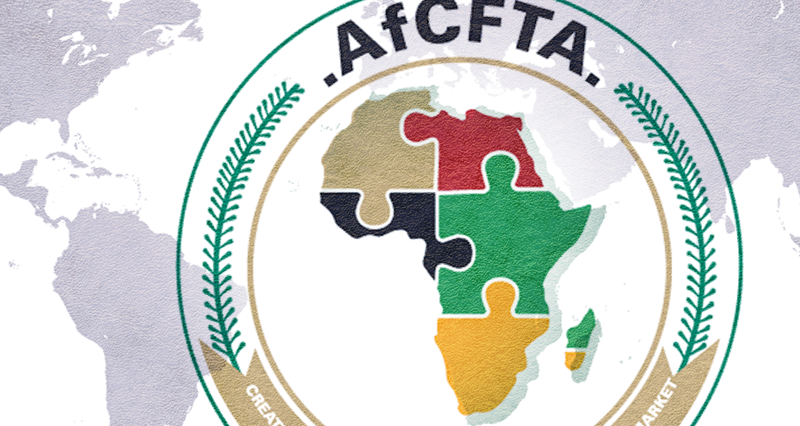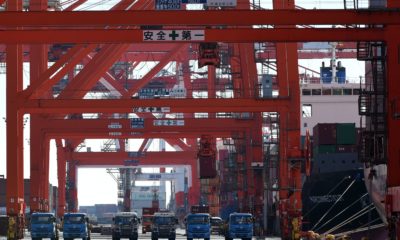Stakeholders have highlighted the underlying issues hampering the growth of intra-African trade despite the ratification of the African Continental Free Trade Agreement by 39 out of 54 countries on the continent.
At the 50th anniversary of the Manufacturer’s Association of Nigeria, the Secretary-General of the AfCFTA, Wamkele Mene, said interconnectivity and transit of goods were among the major challenges.
He said various tariffs and levies across the borders increased the cost of connectivity between nations on the continent.
He said, “Trade in Africa has not risen above 18 percent of capacity, and a large part of that trade is informal and in primary commodities.
“Africa has historically lacked depth in manufacturing and industrial capacity to solve unemployment and erase poverty. These reasons were why solutions, of which the agreement is part, were drawn up in 2012 by leaders in the African Union.
“Our duty at the AfCFTA Secretariat is to engage governments and ministers to establish policy environment for manufacturing to thrive and drive investment in the productive sectors such as pharmaceuticals, auto, agro-processing and other value chains that will boost Africa’s manufacturing capacity and internal trade.”
The Vice President of the Afreximbank, Amr Kamel, noted that African countries generally scored low on the World Bank’s ease of doing business ranking due to the relatively harsh business environment compared to countries that ranked higher.
He said coupled with the logistics bottlenecks and infrastructural deficit, trade-in Africa became complicated.
He explained that Afreximbank noted that the lack of financing was not a major problem but the scarcity of bankable projects on the continent.
Kamel said, “Getting a project to a stage that is bankable is quite a challenge. At Afreximbank, we created a project preparation facility designed to build what it takes to get the project to a level where it is bankable.
“On the issue of infrastructure, a very good way of addressing that is the development of industrial parks and special economic zones. It is much easier to provide necessary infrastructure and regulatory requirements in a much smaller geographical area than for the whole continent.
“We are working with the Federal Ministry of Industry, Trade and Investment through providing advice on how to set up these facilities and financing projects in Nigeria.”
The President of the Dangote Group of Companies, Aliko Dangote, said to enhance the potential of the AfCFTA, governments had to address problems in cross-border movements.
He said, “It takes us two weeks to get our trucks to Ghana, a trip of not more than 10-12 hours. We spend 10 days moving to Togo from Nigeria. Governments need to have the political will to tackle these border issues.
“Why should intra-African trade still be at an average of 15 percent? We need to get it to about 55 to 60 percent. Another thing is to reduce the cost of gas.”
Dangote said for Africa to be globally competitive in manufacturing, the continent must produce high-quality products at the cheapest cost possible.
“What I think we need to do is concentrate first on meeting our domestic demand. If you can get this right, you can then export to other markets. Government has to remove most of the hurdles of infrastructure and implement friendly regulations,” he added.

 Forex3 weeks ago
Forex3 weeks ago
 Naira3 weeks ago
Naira3 weeks ago
 Billionaire Watch2 weeks ago
Billionaire Watch2 weeks ago


 Naira3 weeks ago
Naira3 weeks ago




 Naira2 weeks ago
Naira2 weeks ago




 Naira1 week ago
Naira1 week ago




 Naira4 weeks ago
Naira4 weeks ago
 Banking Sector4 weeks ago
Banking Sector4 weeks ago




















